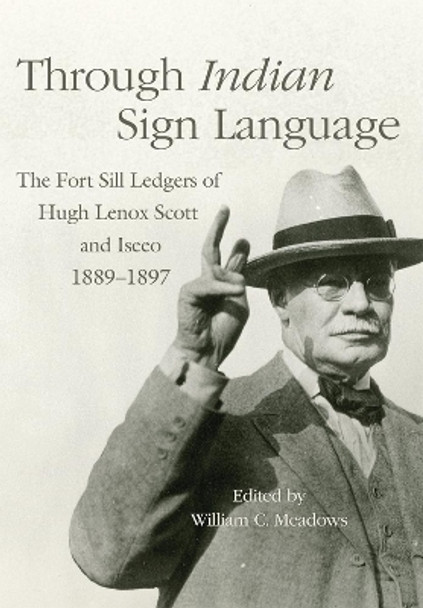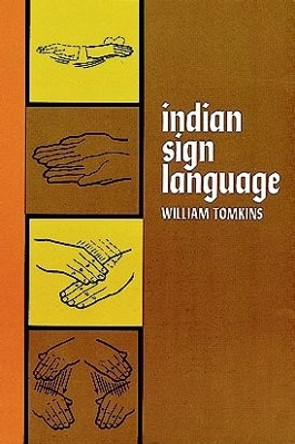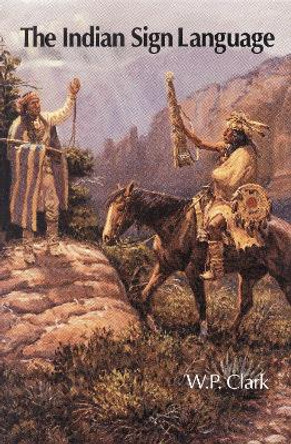Description
The Scott ledgers contain an array of historical, linguistic, and ethnographic data - a wealth of primary-source material on Southern Plains Indian people. Meadows describes Plains Indian Sign Language, its origins and history, and its significance to anthropologists. He also sketches the lives of Scott and Iseeo, explaining how they met, how Scott learned the language, and how their working relationship developed and served them both. The ledgers, which follow, recount a variety of specific Plains Indian customs, from naming practices to eagle catching. Scott also recorded his informants' explanations of the signs, as well as a multitude of myths and stories.
On his fellow officers' indifference to the sign language, Lieutenant Scott remarked: ""I have often marveled at this apathy concerning such a valuable instrument, by which communication could be held with every tribe on the plains of the buffalo, using only one language."" Here, with extensive background information, Meadows's incisive analysis, and the complete contents of Scott's Fort Sill ledgers, this ""valuable instrument"" is finally and fully accessible to scholars and general readers interested in the history and culture of Plains Indians.
About the Author
William C. Meadows is Associate Professor of Anthropology and Native American Studies at Missouri State University, Springfield. A scholar of Plains Indian cultures. He is the author of Kiowa, Apache, and Comanche Military Societies: Enduring Veterans, 1800 to the Present (University of Texas Press, 2003) and The Comanche Code Talkers of World War II and Kiowa Ethnogeography (University of Texas Press, 2003).
Book Information
ISBN 9780806147277
Author William C. Meadows
Format Hardback
Page Count 520
Imprint University of Oklahoma Press
Publisher University of Oklahoma Press
Weight(grams) 1143g
Dimensions(mm) 254mm * 178mm * 34mm








